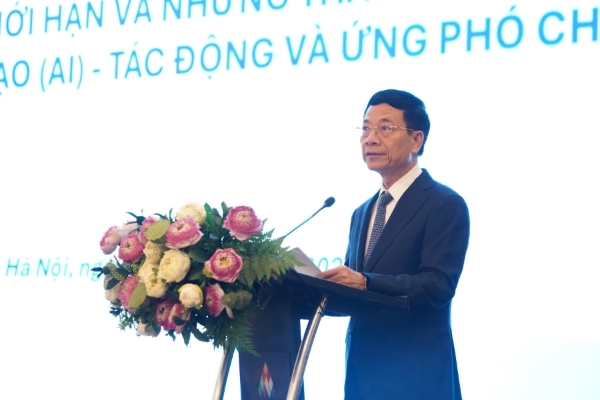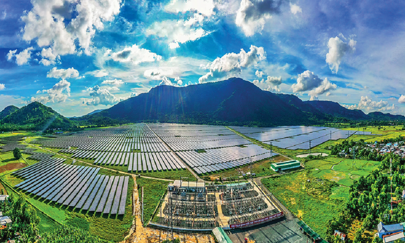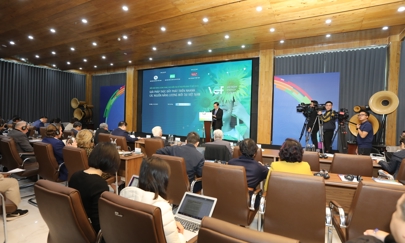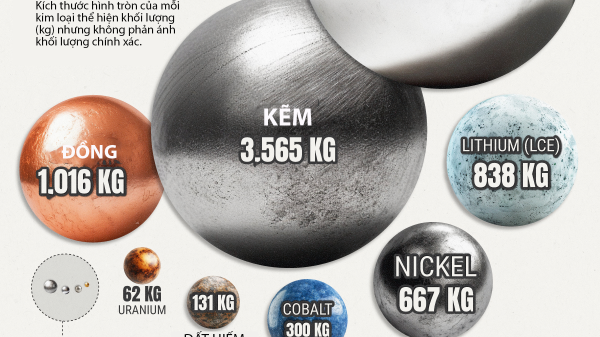Vietnam will promptly update the 2021 National AI Strategy
and issue AI Law by the end of this year to create a comprehensive legal
framework for AI, Minister of Science and Technology Nguyen Manh Hung was
quoted by the Government News as stating at a national scientific conference
themed "The Unlimited Power and Unpredictable Challenges of AI – Impacts
and Policy Responses" held on September 15.
The AI law, said the minister, is not only a legal framework
but also a declaration of the national vision: AI must become the country's
intellectual infrastructure, serving the people, promoting sustainable
development, and enhancing national competitiveness.
In addition, Vietnam will promptly establish a national AI
supercomputing center and a shared open AI data platform, implementing
AI-ization much like electrification in the past as fast as possible, according
to Minister Hung.
AI literacy will be universalized, similar to the
English-learning movement in earlier years, he said, adding that in the future,
every Vietnamese will have a digital assistant; while the population may not
increase, social intelligence is expected to at least double.
On open AI technology, Minister Hung stated that Vietnam is
committed to developing and mastering digital technologies, including AI, based
on open standards and open-source software. This is also Vietnam's strategy to
develop and master its own technologies under the "Make in Viet Nam"
initiative.
Regarding the domestic AI market, Vietnam will focus on
promoting AI applications at enterprises, government agencies, and key sectors.
This is considered the fastest way to develop AI and foster the growth of
Vietnamese AI companies, according to the minister.
The Government plans to increase spending on AI, with the
National Technology Innovation Fund under the Ministry of Science and
Technology allocating at least 40 per cent of its resources to support AI
adoption, including issuing vouchers for small and medium-sized enterprises to
use Vietnamese AI solutions, he said.
In terms of policy and institutions, Vietnam will develop a
national AI Ethics Code aligned with international standards but tailored to
the country's context, along with an AI Law and an updated AI Strategy based on
core principles, the minister explained, adding that these include risk-based
management, transparency and accountability, putting people at the center,
encouraging domestic AI development, ensuring AI autonomy, leveraging AI as a
driver for rapid and sustainable growth, and safeguarding digital sovereignty —
built on three strategic pillars: data, infrastructure, and AI technology.
AI development must rest on four critical pillars: AI
institutions, AI infrastructure, AI human resources, and AI culture. That means
transparent AI institutions, modern AI infrastructure, high-quality AI talent,
and a humanistic AI culture, he said.












